With 214 academic programs to choose from, UWM has one that’s right for you. Whether you’re looking to explore your options, land a job before graduation day or enroll in graduate school, our programs prepare UWM grads for in-demand jobs and exciting careers.
All UWM schools and colleges provide opportunities for students to complete general education requirements. The Center for Student Experience & Talent, in collaboration with Pathway Advising, helps undecided students identify their ideal major(s).
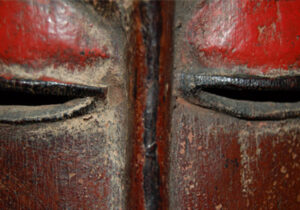
African and African Diaspora Studies
Major, Minor, Master’s, Doctoral
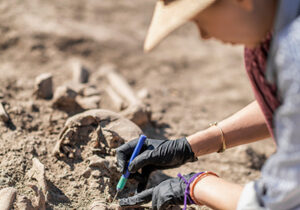
Anthropology
Major, Minor, Master’s, Doctoral, Accelerated Graduate

Applied Behavior Analysis
Certificate, Online

Architectural Studies
Major, Minor
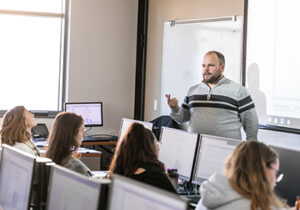
Biostatistics
Master’s

Communication
Major, Master’s, Doctoral, Online

Community Engagement & Education
Major, Accelerated Graduate, Online
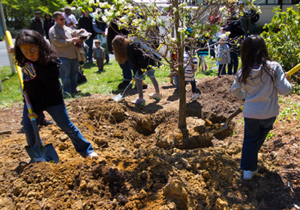
Community Engagement Strategies
Certificate
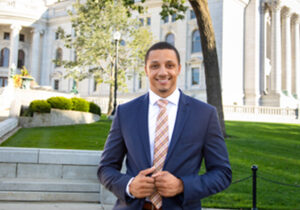
Criminal Justice and Criminology
Major, Minor, Master’s, Accelerated Graduate, Online

Economics
Major, Minor, Master’s, Doctoral, Accelerated Graduate

Education
Major, Minor

Educational Psychology
Master’s, Doctoral
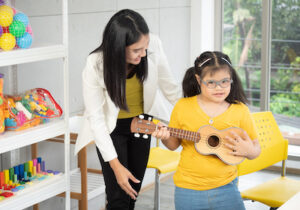
Exceptional Education
Major, Master’s, Accelerated Graduate, Online

Geography
Major, Minor, Master’s, Doctoral

Global Studies
Major, Minor, Accelerated Graduate
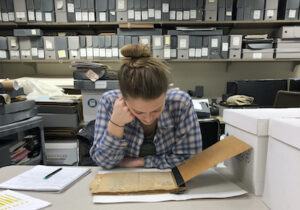
History
Major, Minor, Master’s, Doctoral, Online
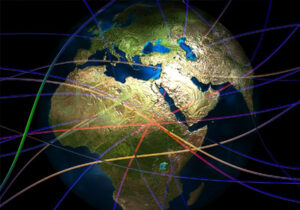
International Studies
Major, Minor
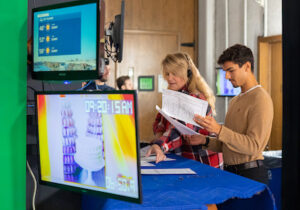
Journalism, Advertising, & Media Studies
Major, Minor
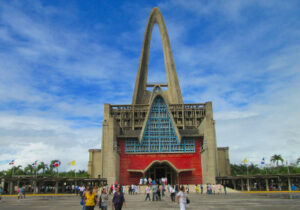
Latin American, Caribbean, & US Latinx Studies
Major

Linguistics
Major, Minor, Master’s, Doctoral
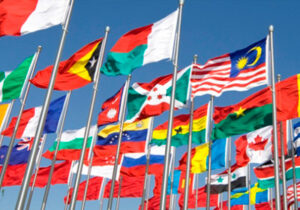
Political Science
Major, Minor, Master’s, Doctoral, Online

Pre-Law
Pre-professional

Psychiatric Mental Health Nurse Practitioner
Certificate
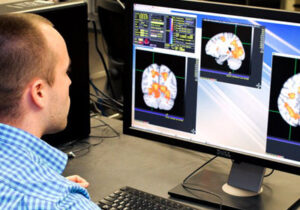
Psychology
Major, Minor, Master’s, Doctoral, Online
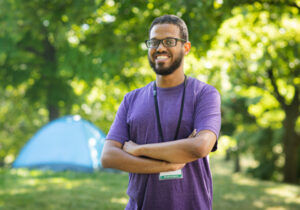
Social Work
Major, Master’s, Online

Sociology
Major, Minor, Master’s, Doctoral, Online

Urban Design
Master’s

Urban Planning
Master’s, Certificate

Urban Studies
Major, Master’s, Doctoral, Accelerated Graduate, Certificate

Women’s and Gender Studies
Major, Minor, Master’s, Certificate
UWM is accredited by the Higher Learning Commission (hlcommission.org), an institutional accreditation agency recognized by the U.S. Department of Education.